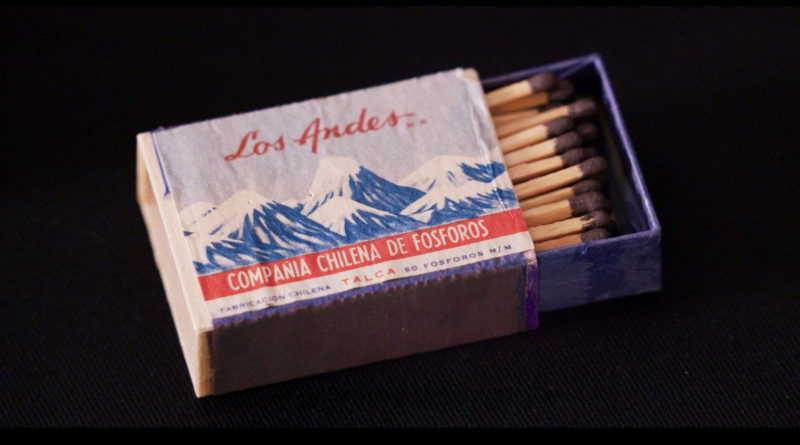INTERVIEW: Andes mountains serve as inspiration for ‘Cordillera of Dreams’ doc
Photo: The Cordillera of Dreams, directed by Patricio Guzmán, ponders both the Andes mountains and the continued impact of the 1973 coup in Chile. Photo courtesy of Cinema Tropical / Provided with permission.
Now playing at New York City’s IFC Center, The Cordillera of Dreams is filmmaker Patricio Guzmán’s latest rumination on his native Chile. This time, the famed director looks toward the Andes mountains, which stretch the length of the South American country, for inspiration.
Cordillera, preceded by 2010’s Nostalgia for the Light and 2015’s The Pearl Button, completes Guzmán’s so-called landscape and memory trilogy. Even though this latest documentary is seemingly nature-focused, the undercurrent is the 1973 military coup d’état led by Augusto Pinochet, which unsettled the nation and still has political implications in 2020. This flashpoint in the lives of both the country and Guzmán was also covered in the director’s monumental three-part documentary, The Battle of Chile, which traced the final years of Salvador Allende’s government.
Guzmán was arrested and detained after Pinochet’s coup, and he regularly faced mock executions, according to his biography. In 1973, he left his home country behind and moved to Cuba. Eventually he landed in Spain and then France.
Recently Hollywood Soapbox had the chance to exchange emails with Guzmán about the new film, which won Best Documentary at last year’s Cannes Film Festival. Of course, it should be noted that the director’s home country is back in the news for continued political and social upheaval, with protests breaking out in the streets and politics seeping into every corner of public and private life. Questions and answers have been slightly edited for style.
When you began Nostalgia for the Light, did you know that it would become a trilogy one day?
At the time I didn’t know that Nostalgia for the Light was going to become the first part of a trilogy until Valentina told me: ‘We are all part of a stream. Stars are born and die so that life can arise …” Based on these words, I thought that I had to keep looking for life in other places, in the sky and in places throughout Chile, such as the ice of the south, the solitary islands of the Pacific or the Andes, because in these places life was different.
How are the Andes symbolically important to the Chilean people?
First of all, the cordillera is a barrier, a wall, an end. There is nothing else behind that wall. The world reaches that wall. From this conclusion one feels a certain reassurance from the cordillera that protects us against all dangers and at the same time encloses us. It is a border and at the same time a door that is almost always closed. We know that we can pass over it thanks to planes, but the cordillera remains in its place. It does not disappear; it will never disappear.
Does the 1973 military coup still impact and influence much of Chilean society?
The coup d’etat greatly influences the people of my generation and that of my two daughters. I don’t know what other generations beyond these feel. The coup is a black hole in my memory. It has a great power of attraction. It is a dark area of life. It is worse than death because one can live with the memory of the coup, which never ends except with real death.
Did filming in the mountains present many challenges?
It is always difficult to get very close to the rocky peaks of the mountain range where there is an immense loneliness that produces fear. They are mute, lonely mountains that are waiting for hundreds of thousands of years. They await the arrival of men with indifference. They are places for them, not for men. Perhaps that is why understanding the people of the highlands or the Himalayas is such a difficult task.
What was it like to work with your director of photography, Samuel Lahu?
Samuel speaks little and knows how to focus his camera without his presence being noticed. He is a discreet operator that accompanies me and protects me. He is very talented; he knows the secrets of light and prudence.
What’s your response to the continued protests in Chile today?
The answer is patience, to know little by little what the people want. We have to wait a lot.
Do you have dreams of returning to Chile to live one day?
No.
By John Soltes / Publisher / John@HollywoodSoapbox.com
The Cordillera of Dreams, directed by Patricio Guzmán, is now playing New York City’s IFC Center. Click here for more information and tickets.

